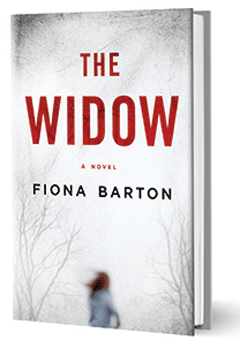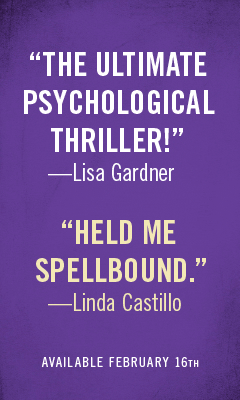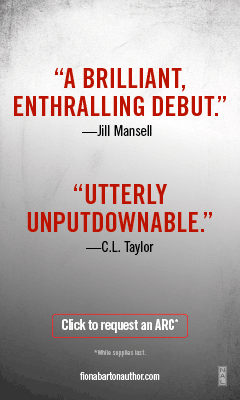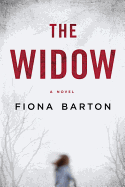The Widow
by Fiona Barton
The Widow, Fiona Barton's debut, is a complex psychological thriller that weaves together the narratives of four characters to probe the depths of a terrible crime and the lasting impact it has had on all of them.
The novel opens on the recently widowed Jean Taylor, who has just lost her husband to a terrible bus accident. Reporters want to hear her story and her thoughts on losing her husband, but Jean knows she cannot tell them the truth. "Everyone was very kind and trying to stop me from seeing his body," she reflects, "but I couldn't tell them I was glad he was gone. No more of his nonsense."
The nonsense she refers to is the nightmare that turned their marriage upside down four years earlier: the disappearance of a young child in the suburbs of England, which sparks inquiries into local child-porn rings. A former colleague of Jean's husband provides a tip that leads the police to the Taylors' doorstep. To Jean's surprise, the police claim that Glen has not only been downloading child pornography in their home, they believe he's responsible for the disappearance of two-year-old Bella Elliott--though they can't quite prove it. Yet.
The Widow moves back and forth in time to build the story of Glen and Jean's marriage, their troubles having children, the difficulties of living through Glen's trials--and the switches Jean Taylor makes between "Jean" and "Jeanie" to protect herself: "Jeanie saved me. She bumbled on with her life, cooking tea, washing customers' hair, sweeping the floor, and making the beds. She knew that Glen was a victim of a police plot. She stood by the man she married. The man she chose."
This switching between Jean and Jeanie is a device that Barton uses to great effect to explore the complicated and intriguing question of how a woman--any woman--could stand by a man accused of such terrible crimes. How much can that kind of loyalty withstand, and for how long? How much is Jean motivated by selfishness and how much by selflessness? What are we willing to believe in order to make ourselves more comfortable in the choices we have made?
Within these questions lie the much broader and more universal questions of marriages in general: How well do we really know the person we have chosen to share our life with? And how willing are we to admit our own blind spots when it comes to those we love?
The majority of The Widow is told through Jean's first-person narration, but Barton has expertly woven other perspectives into the novel. There is the story of Bob Sparkes, the detective assigned to the Bella Elliott case from the outset, and his determination to find the missing child. There is the story of Dawn Elliott, Bella's mother, whose voice lends an added layer of desperation and sadness to the novel. And there is the perspective of Kate Waters, a journalist determined to score an exclusive interview with Jean Taylor following her husband's death.
Though it may be tempting to see The Widow as an exploration of the many ways secrets can tear people apart--as in the case of Jean and Glen--it is also very much the story of how secrets bring these four disparate characters together. Bob is forever tied to Bella Elliott's mother as he searches for her missing daughter; Kate is linked to Bob as they both search for answers to the same questions, though for different reasons; Jean is linked to all of them through her marriage to Glen, and the ways that Bob, Kate and Dawn dog her for answers about the missing girl. Answers that Jean--or Jeanie, depending on the moment--is not sure she has, but not sure she doesn't.
While each of the secondary characters in Barton's novel feels real and fully imagined, it is Kate's thread that proves most nuanced and interesting--not surprising, given Barton's decades-long career in journalism. This journalistic background has clearly shaped Barton's style as a writer: the dialogue in The Widow is crisp and clear and realistic, blending in seamlessly with Barton's narrative descriptions of scenes and happenings.








.jpg)